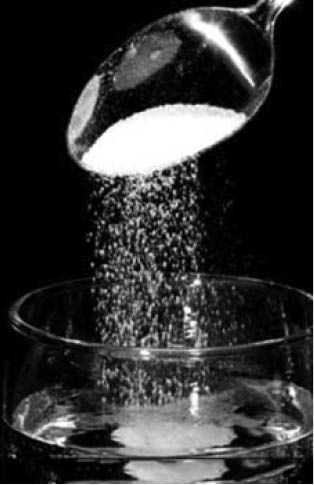Expert says high salt intake affects kidneys
A medical expert, Dr Ihuoma Eugene, has warned Nigerians against high intake of salt, saying it is dangerous to health. Eugene, a brand ambassador of FrieslandCampina Hospital, Jos, Plateau State, explained that excessive intake of salt raised blood pressure which might lead to stroke, heart failure and heart attack. FG evacuates 542 stranded Nigerians from […]

A medical expert, Dr Ihuoma Eugene, has warned Nigerians against high intake of salt, saying it is dangerous to health.
Eugene, a brand ambassador of FrieslandCampina Hospital, Jos, Plateau State, explained that excessive intake of salt raised blood pressure which might lead to stroke, heart failure and heart attack.
- FG evacuates 542 stranded Nigerians from Dubai
- Alive & Thrive launches maternal, nutrition programmes in 7 states
He said, “A high salt diet can damage the lining of the stomach, causing inflammation of the stomach, thereby increasing the risk of stomach cancer and ulcer.
“Some people are very careless with the rate at which they consume salt. They are killing themselves gradually.
“Excess intake of salt will cause damage as it has more negative effects than the positive.
“A small amount of salt is essential for good health. Adults need less than one gramme per day and children need even less.
“High salt diet can disrupt the function of the kidneys and cause existing kidney disease to progress faster.
“Salt can raise the risk of developing diabetes by raising blood pressure. Salt has a link with diabetes, and not only sugar.
She, therefore, called on parents to control the salt intake of their children as “it is dangerous for both adults and children.’’
She further said, “Diabetics, asthmatic patients, as well as people battling with unstable blood pressure, should learn to consume less salt in order not to aggravate any disease.”
She advised that it was healthier cooking with natural herbs like curry and thyme.
